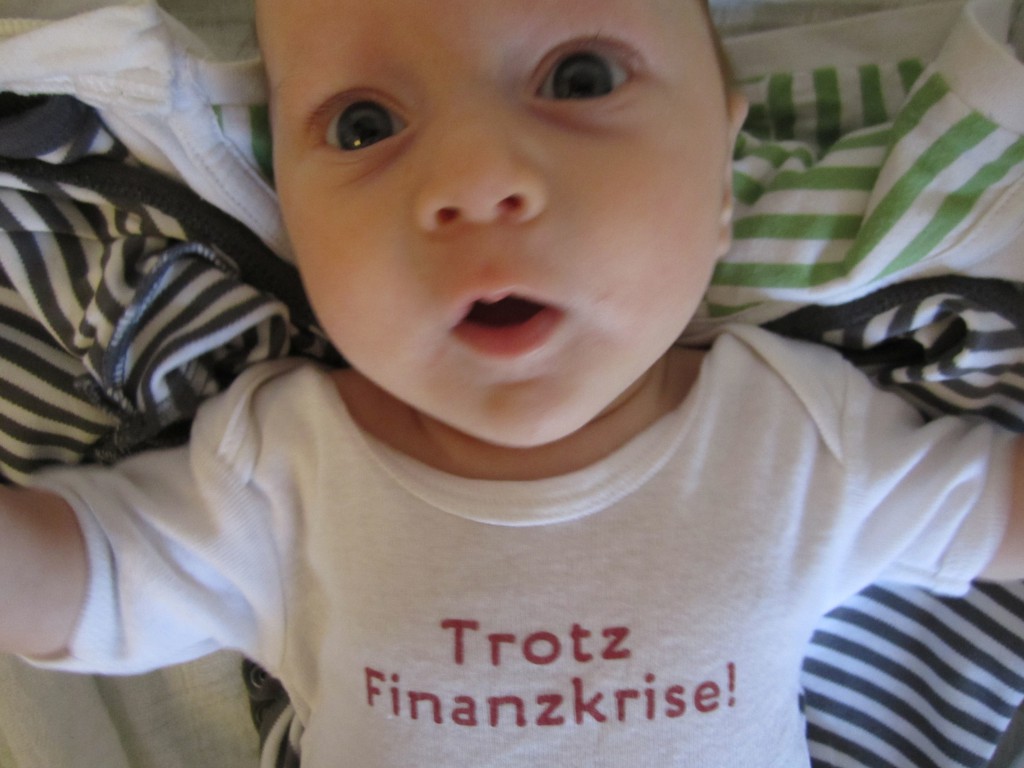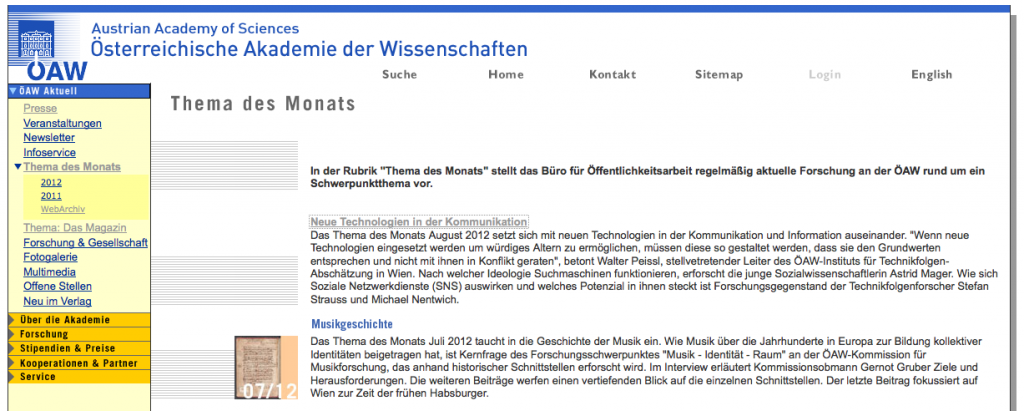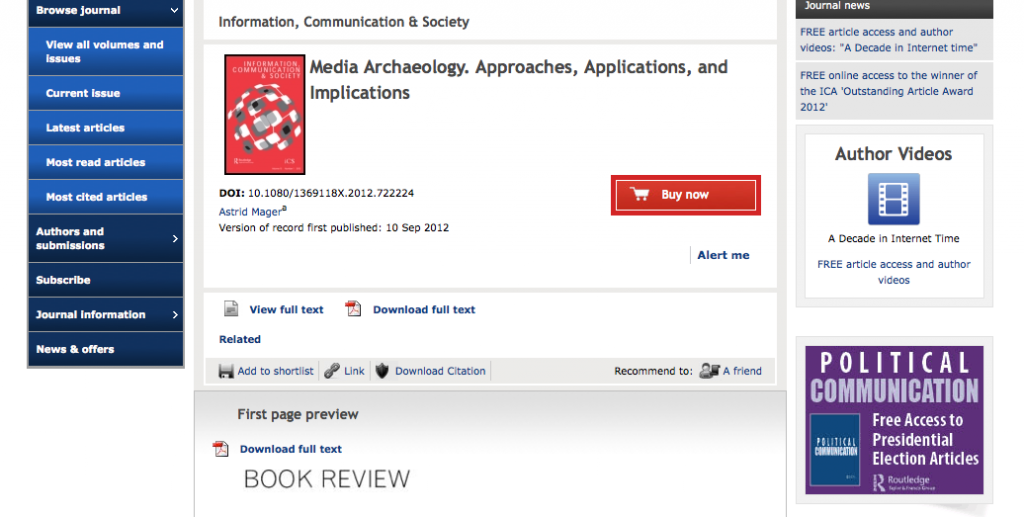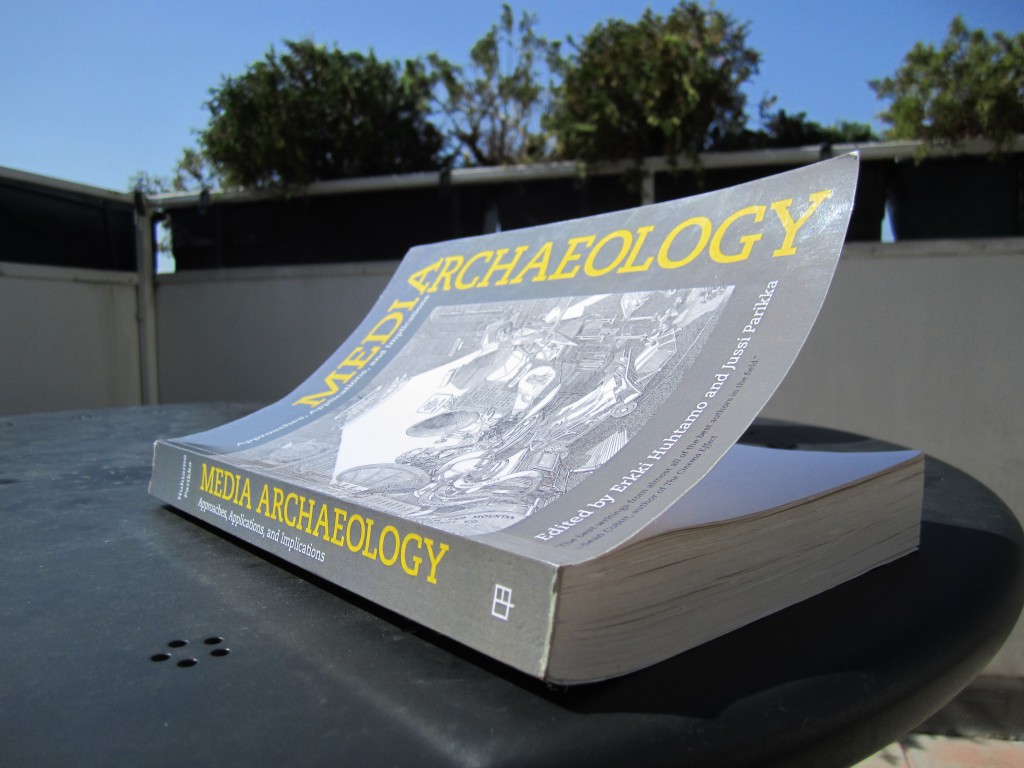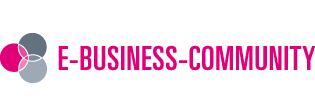Technoscientific Promotion and Biofuel Policy
Jenny Eklöf and I have been collaborating on a project during my HUMlab fellowship (2010-2012). Our study investigated how the biofuel controversy plays out in the Swedish press and Google search results. The results will be published in the journal Media, Culture & Society (mid of next year). The exact phrasing of the editor goes like this:
“It will be several issues, and certainly several months, before your piece is prepared for publication and the proofs sent on to you. Please do not contact us for a specified issue number and date until 5 months or so after this note of acceptance.”
Well, if you don’t want to wait that long please let us know and we’ll send you a copy!
That’s the abstract:
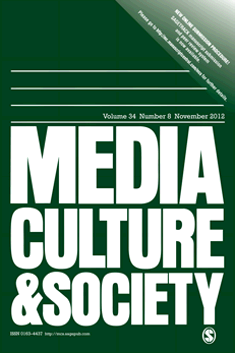 What are the conditions for the public understanding of biofuels and how do the media shape these conditions under the influence of a new production of knowledge? This article investigates how the biofuel controversy plays out in the Swedish press and Google search engine results and analyses winners and losers in the tight attention economy of contemporary media. It describes different visibility strategies biofuel stakeholders employ in both media arenas, and identifies a form of technoscientific promotion that hybrid actors use to succeed in the day-to- day struggle for media attention. To conclude, it raises broader societal questions of the contemporary blurring of knowledge boundaries and the emergence of new information hierarchies and their biases. By understanding how contemporary media shape controversies, we can address the democratic potential of both mass media and science.
What are the conditions for the public understanding of biofuels and how do the media shape these conditions under the influence of a new production of knowledge? This article investigates how the biofuel controversy plays out in the Swedish press and Google search engine results and analyses winners and losers in the tight attention economy of contemporary media. It describes different visibility strategies biofuel stakeholders employ in both media arenas, and identifies a form of technoscientific promotion that hybrid actors use to succeed in the day-to- day struggle for media attention. To conclude, it raises broader societal questions of the contemporary blurring of knowledge boundaries and the emergence of new information hierarchies and their biases. By understanding how contemporary media shape controversies, we can address the democratic potential of both mass media and science.
liam
finally!
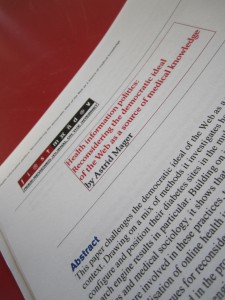 After two (!) years my last PhD-related article just went online! It’s been published by the popular online journal First Monday, which is – normally – known for a quick review process. But well, good things take time, as the saying goes. Since my PhD “Mediated Knowledge” (download here) deals with the computer-mediated communication of online health information you may ask whether the article is not outdated by now. That’s what I was asking myself, at any rate..
After two (!) years my last PhD-related article just went online! It’s been published by the popular online journal First Monday, which is – normally – known for a quick review process. But well, good things take time, as the saying goes. Since my PhD “Mediated Knowledge” (download here) deals with the computer-mediated communication of online health information you may ask whether the article is not outdated by now. That’s what I was asking myself, at any rate..
But the answer is no. Even though the empirical data may seem quite “old”, and Web 2.0 health communication has become more widespread in the meanwhile, the base line of my arguments – the “politics of online health information” challenging the democratic ideal of the web – is still valid and more relevant than ever (not least because Google managed to further enlarge its market share and hence influence over online knowledge since then). Got interested? Then check out my article “Health information politics: Reconsidering the democratic ideal of the Web as a source of medical knowledge” on First Monday and decide for yourself!
Thanks go to my HUMlab colleagues for their helpful comments on earlier drafts of the paper, Mike Frangos first and foremost!!!
ÖAW topic of the month: ICTs
Each month the Austrian Academy of Sciences defines and discusses a “topic of the month”. The current issue deals with new communication technologies and presents three ITA projects. Besides my own project “Glocal Search“, the EU projects “Value Ageing” and “European Perspectives on Cloud Computing and Social Networks” are featured. The ÖAW portraits of the projects can be found online or in the paper magazine “Thema Forschung” (October). Enjoy reading!
book review online
My book review “Media Archaeology. Approaches, Applications, and Implications” (eds. Erkki Huhtamo and Jussi Parikka) has been published by the journal Information, Communication & Society (see below). Thanks to David Beer for the really quick publication process! It was fun!
the next B-I-G project :)
Book review “media archaeology”
I’m happy to announce that my review of the book “Media Archaeology. Approaches, Applications, and Implications“, edited by Errki Huhtamo & Jussi Parikka, will be published in a forthcoming issue of Information, Communication & Society! It is my first book review and it was really fun writing it. Given that I thought a humanities scholar would have been a better fit at first sight, the book turned out to be really relevant for social scientists/ Internet researchers. It’s a good read for everyone interested in “new” media and their “old” predecessors. So stay tuned!
Pics & press coverage from APA eBusiness event
Last week we had a very lively discussion on new media – search engines and facebook – and privacy (see blog post below). Central questions were how these new online services use personal data to create profit, what privacy violations that involves, and how to meet these challenges with (EU) regulations and strategies of digital self-defense. It was a highly diverse, but really interesting combination of people on the round table including Johannes Juranek (CMS), Helmut Waitzer (Navax), Max Schrems (Initiative “Europa gegen Facebook”) und Markus Deutsch (WKO) and me.
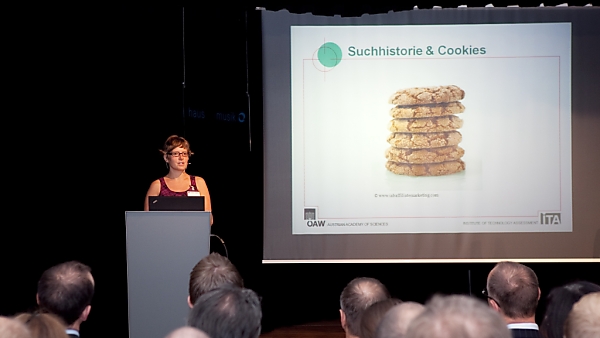 © photo credit: APA-Fotoservice/Rossboth
© photo credit: APA-Fotoservice/Rossboth
Check out the fotos & press coverage (e.g. APA Science & futurezone) of the event for more information!
Talk at eBusiness Community Event/ APA
Next week I’ll be giving the “Impulsreferat” at the eBusiness Community Event organized by the Austrian Press Agency (APA). I’m already curious how the Austrian eBusiness community will react to my rather critical reflections on corporate Internet services and their business models. Guess it will be fun!
Here’s the abstract of the evening (from the EBC website) and my “statement” for the presentation and the panel discussion that follows (in German):
Privacy: Wie Daten zur Ware und Währung werden.
In etwa zehn Jahren werden digitalisierte Produkte und Dienstleistungen laut Experten weltweit für ein Viertel der jeweiligen Bruttoinlandsprodukte verantwortlich sein. Dieser Trend führt dazu, dass immer mehr persönliche Daten im Netz herumschwirren.
Auf Unternehmen kommen dadurch große Herausforderungen zu: Sie müssen den Kunden wie auch dem Gesetzgeber nachweisen, dass sie für Sicherheit und Schutz der Privatsphäre sorgen. Schärfere Vorgaben in diesen Bereichen könnten den Entscheidern zusätzlich das Leben erschweren.
Aber auch im Privatleben tauchen neue Fragen auf: Wie viele Identitäten, Accounts und Passwörter hat man eigentlich? Wie wird man künftig damit umgehen? Wie komplex ist es inzwischen, sein digitales Leben im Griff zu haben? Welche Szenarien gibt es für den Datenschutz der Zukunft?
Datum: Donnerstag, 26. Juli 2012
Ort: Haus der Musik, Seilerstätte 30, 1010 Wien
Happy Hour: ab 18:30 Uhr
Podiumsdiskussion: 19:30 – 21:00 Uhr, Vortragssaal, Dachgeschoß
Bitte um Anmeldung unter ebc@apa.at
Statement:
Globale Internetriesen wie Google, Facebook und co. spielen eine zentrale Rolle in gegenwärtigen online Praktiken von UserInnen. Gleichzeitig haben diese Akteure neue Geschäftsmodelle geschaffen, deren Grundlage zielgruppenspezifische Werbung; und damit Userdaten und deren Verarbeitung und wirtschaftliche Ausbeutung darstellen. Kommerzielle Internettechnologien können damit als Spiegel unseres kapitalistischen Wirtschaftssystems betrachtet werden. Diese Informationsökonomie hat drastische gesellschaftspolitische Auswirkungen, insbesondere auf historisch gewachsene und kulturell bedingte Bereiche wie Privatsphäre, Datenschutz und Identität. Globale Wirtschaft und lokale Gesellschaftspolitik stehen hier in einem interessanten Spannungsverhältnis. Welche Maßnahmen hier greifen können – von digitaler Selbstverteidigung, Privacy by Design, bis hin zu neuer Gesetzgebung – müssen wir lokal, EU-weit und global diskutieren, wenn wir die Kontrolle über unsere Daten in Zukunft nicht völlig an „den Markt“ abgeben wollen.
Come along if you’re in town!

